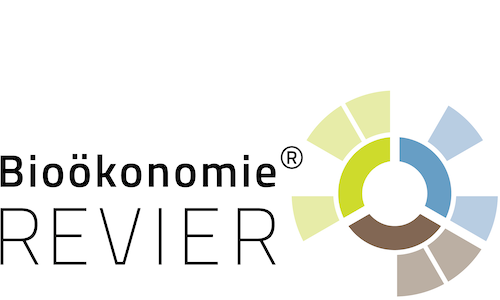
SDG 6 aims to ensure availability and sustainable management of water and sanitation for all. This not only involves achieving access to drinking water for all, but also improving water quality and wastewater management by e.g. minimizing the release of hazardous chemicals and materials and substantially increasing recycling and safe reuse globally.
Overview, targets and indicators of SDG 1
Forschungszentrum Jülich is helping to realize SDG 6 by conducting research to improve water quality using biological treatment processes and to enable the integrated management of the resources of biomass, water, and land.
Algae Fertilizer Box
Water – particularly clean water – is a prerequisite for most life. When water is polluted, then life is endangered. Wastewater is often polluted with nitrate and phosphate. If these substances are released into the environment, this can cause overfertilization in natural bodies of water and lead to tipping points in lakes and rivers.
The container system “AlgaeFertilizerBox” developed in the innovation lab is a demonstrator that promises a mobile and circular solution for the treatment of lightly polluted wastewater in the agri-food sector with a two-fold effect. The algae-based wastewater treatment ensures clean water, while also producing algae biomass with valuable nutrients, which can then be reused as a bio-based fertilizer or soil conditioner.
Producing clean wastewater and reducing wastewater disposal costs, easing the burden on regional wastewater treatment plants, and implementing new business models in a regional circular economy in fertilizer production – these results have a direct impact not only on the region, but also open up prospects for other regions throughout the world (model character).

“We are working here on a mobile and versatile technology that can be used to treat water and also to capture nutrients. This guarantees the sustainable use of water and biomass as raw materials,” say Dr. Diana Reinecke-Levi, head of the AlgaeFertilizerBox project and researcher at the Institute of Bio- and Geosciences – Plant Sciences (IBG-2) and Dr. Holger Klose, head of a research field at the Institute of Bio- and Geosciences – Plant Sciences (IBG-2).


